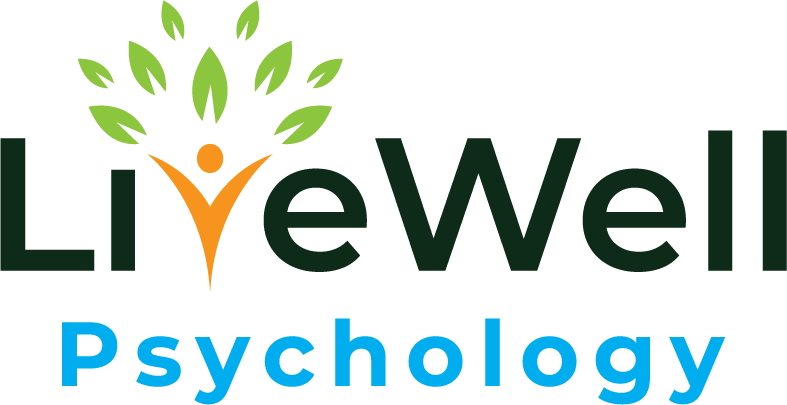Children Learn Through Observation: Why Modeling Healthy Coping Matters
At LiveWell Psychology, Dr. Jessica Tomasula often reminds parents and caregivers of a foundational truth in child development: children learn far more from what we do than from what we say. Verbal guidance is important, but it is the consistent modeling of behavior that most powerfully shapes a child’s emotional and psychological framework.
From an early age, children are keen observers. They watch how adults manage stress, respond to conflict, regulate their emotions, and engage in relationships. These observations form the basis for how they learn to interpret and respond to their own emotional experiences. When there is a disconnect between what is said and what is modeled, children tend to follow the behavioral example, not the verbal instruction.
For example, a parent may encourage their child to “use your words” during moments of frustration. However, if that same parent frequently expresses their own frustration through yelling or avoidance, the child is more likely to mirror those behaviors than the instruction. Conversely, if the parent acknowledges their frustration, demonstrates deep breathing, or uses reflective language such as “I’m feeling overwhelmed right now, so I’m going to take a moment to calm down,” the child is learning emotional awareness and self-regulation through direct observation.
Another common scenario involves conflict resolution. When disagreements occur—whether between parents or within extended family—children observe not only the tension but also how (or if) resolution and repair occur. Demonstrating accountability, using respectful communication, and following through with reconciliation all serve as critical lessons in relational health and resilience.
It is essential, then, for caregivers to consider how their own emotional coping strategies influence their children’s developmental outcomes. This is not about achieving perfection. Rather, it is about practicing and modeling emotional growth, self-reflection, and the capacity to seek support when needed.
Engaging in therapy, practicing mindfulness, and developing healthy coping strategies are all meaningful investments—not only in one’s own mental health, but also in the long-term emotional well-being of one's children. Children benefit profoundly from witnessing adults who prioritize emotional health, take responsibility for their actions, and demonstrate adaptive responses to stress.
If you are interested in learning more about how therapy can support your role as a parent or caregiver, we invite you to contact us at LiveWell Psychology. Dr. Jessica Tomasula offers individual, and family therapy designed to strengthen emotional resilience and support healthier family dynamics.

